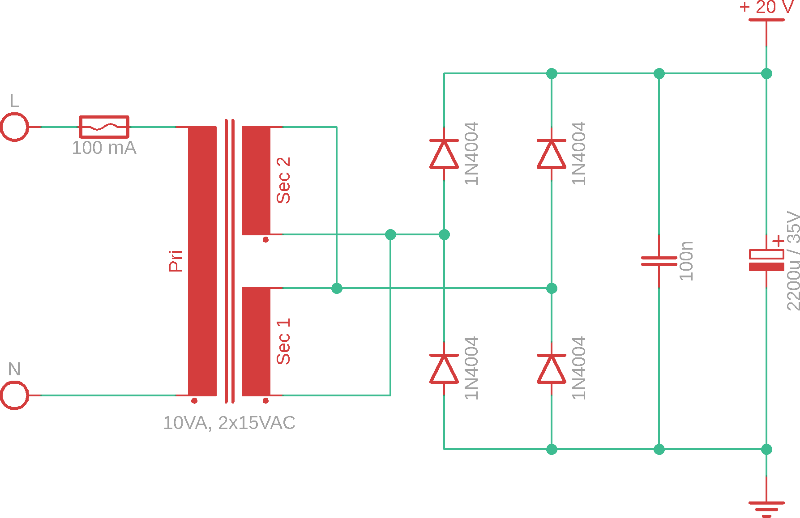Electrical circuits: DC, AC and transients. Analogy between electrical and mechanical quantities.
Electrical measurements and analog circuits: Measureing with multimeter and oscilloscope. Use of LabVIEW.
Digital electronics and microcontrollers: Transistors in switched and applications. The functionality of a microprocessor and a microcontroller. Use of microcontrollers in simple applications. Examples of sensors such as encoders and strain gauges.
Electrical motordrives: Single- and three- phase systems. Theory and properties of DC machines. Principles for speedcontrol of electrical machines. Mechanical and thermal transients in electrical machines. Choice of machine size for time varying mechanical loads. Power electronics and drive units for machines. calculation of the required voltage and current for a DC-motordrive.
Sustainable development: Electric and hybrid cars. Calculation of quantities such as e.g. energy, power, force, velocity, acceleration, current and voltage in different parts of a electric or hybrid car under different conditions such as acceleration or regenerative braking. Dimension of energystorages such as batteries and capacitors (ultracap).
